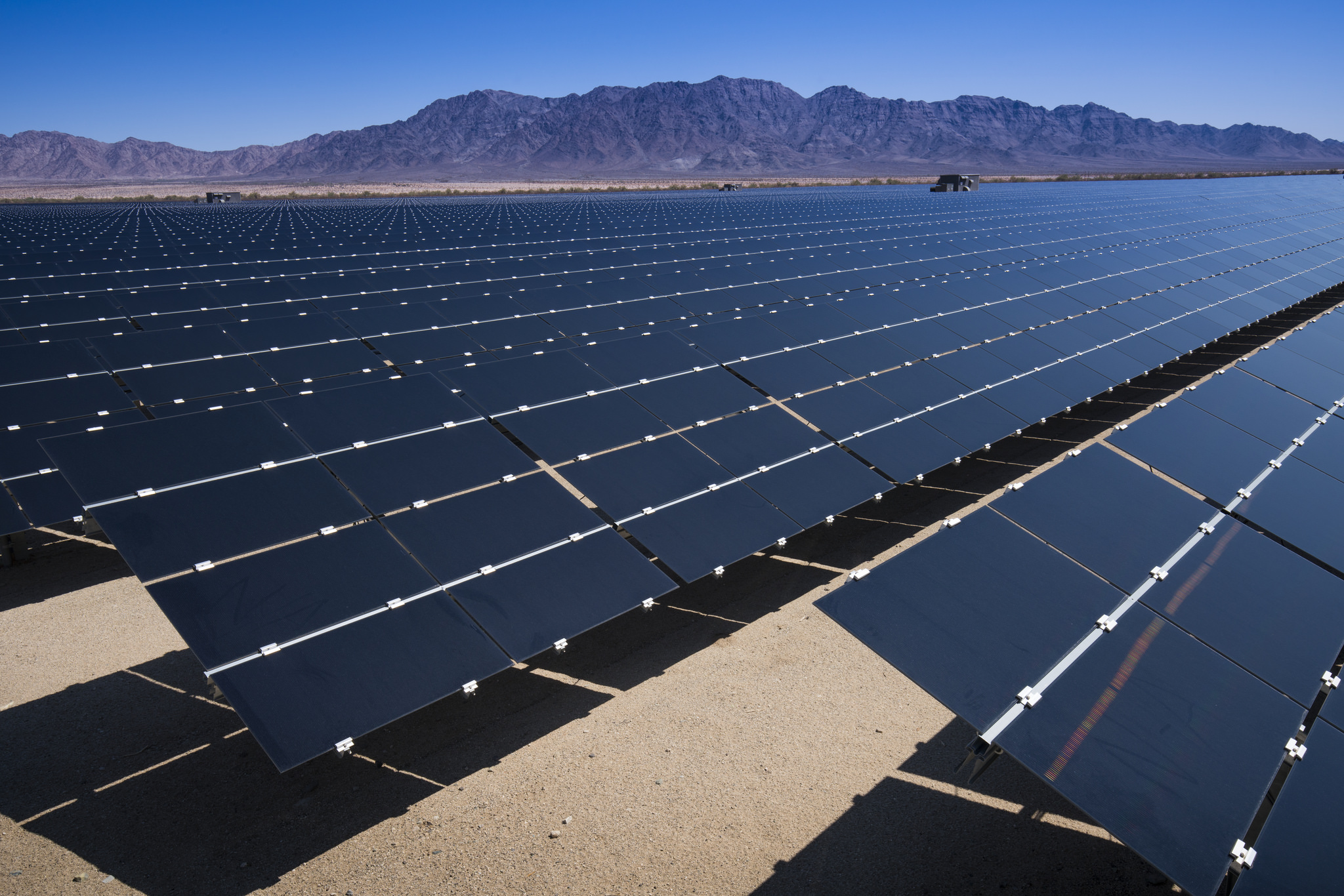
FESI >> Priority Use Cases
The Federation of American Scientists (FAS) is seeking to engage experts who can leverage their knowledge to propose projects and use-cases for FESI to consider. Priority use cases areas include but are not limited to:
1. Catalyzing problem-focused industry-led consortia. DOE has often worked on precompetitive technologies with industrial consortia. Once they are up and running, these consortia can be very productive, but their initial implementation tends to be slow and saddled by red tape. Like the Foundation for the NIH, FESI could launch consortia quickly and assist them to transition into stable, permanent relationships with DOE.
2. Supporting coordinated procurement, advance market commitments, and other sources of demand to stimulate innovation uptake. Early adoption of new technologies spurs their improvement and lowers their cost. FESI could work with DOE to identify uptake opportunities, while simultaneously collaborating with non-governmental funders who might buy down the costs. FESI’s network could become a repository of design expertise and operational know-how for demand-side energy and climate innovation policy.
- H2 Global Foundation (Germany)
- First Movers Coalition
3. Strengthening incentives to broaden the pool of innovators. The nation’s energy challenges demand an “all-of-society” response. The more diverse the communities that are advancing solutions (rural to urban, coast to coast), the better. Learning from the Foundation for Food and Agriculture Research, FESI could work with DOE to assess the pool of innovators and design programs, including prize competitions, to broaden it.
- Egg-Tech Prize (FFAR)
- Carbon Removal X Prize (X Prize)
4. Collaborating to strengthen regional innovation ecosystems. Regions are increasingly building economic development strategies around clean energy. DOE has not had a strong regional presence in the past, but now has a Congressional mandate to build one. Working with the national laboratory foundations, universities, and other partners, FESI could convene initiatives to strengthen regional ecosystems.
- Coordinating with NSF Engines and EDA Tech Hubs
- Coordinating with and learning from state innovation ecosystems
5. Convening impact and venture investors. Early-stage investors have a granular understanding of the technological opportunities, competitive landscape, and commercialization challenges facing clean energy start-ups. FESI could bring this community together with DOE managers and national laboratory experts to identify promising areas for public-private partnerships as well as pitfalls that may impede participation of entrepreneurs in such efforts.
- Building on ARPA-E’s successful annual Summit
6. Piloting or expanding DOE innovation programs with non-DOE funding. DOE has fielded an array of creative programs that foster technology commercialization, such as Lab-Embedded Entrepreneurship Program, Cradle 2 Commerce, Lab Partnering Service, Small Business Vouchers, and Energy I-Corps. The demand for these programs is often stronger than federal funding can accommodate. FESI could enable donors to expand capacity, as the National Fish and Wildlife Foundation has done for federal conservation programs.
7. Responding quickly to crises. The global energy and climate situation is volatile, and crises are inevitable. As the CDC Foundation showed in its response to covid, FESI could act quickly in such situations, laying the basis for a longer-lasting response from DOE. Key activities might include public communication about the performance of the energy system and coordination with non-federal actors, especially in philanthropy and business.
8. Enabling communities and new entrants to participate in clean energy innovation. Landmark legislation has greatly expanded DOE’s on-the-ground footprint through demonstration and deployment programs. The success of these programs depends on effective engagement with a diverse group of actors. FESI could work with partners to provide technical assistance to organizations and businesses that have not worked with DOE in the past, increasing the number and quality of such new entrants.
- FDA Patient Listening Sessions (Reagan-Udall Foundation)